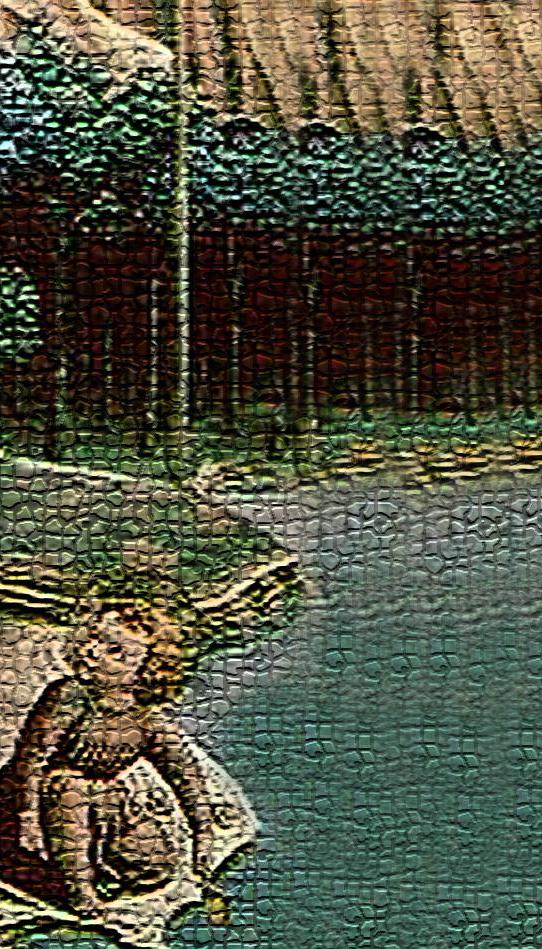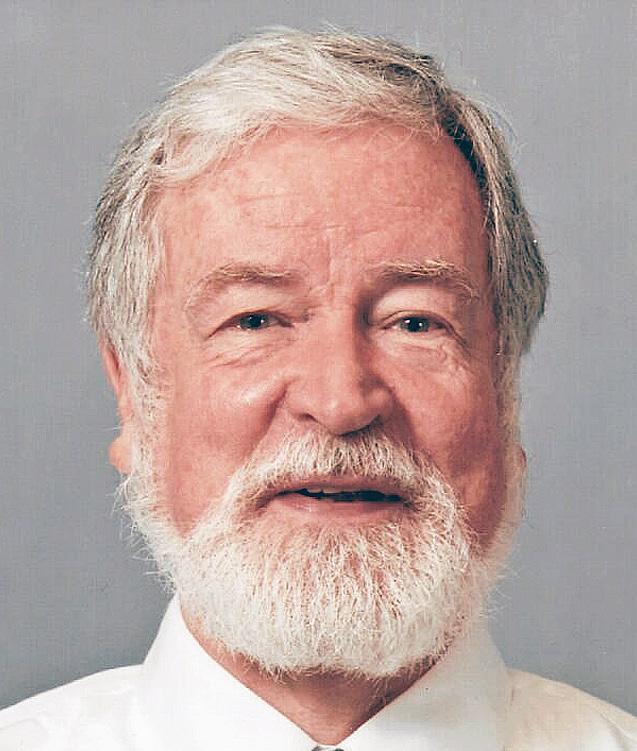
3 minute read
Caring for Democracy
WISDOM OF THE AUGUSTINIAN TRADITION
Sharing the Augustinian Legacy Today
Advertisement
Caring for Democracy By Fr. John Shea, O.S.A. Discovering the Better Angels of our Nature
We live in two converging crises. Civility and mutual respect have fallen away in our politics and public discourse. We are a bifurcated people, dehumanized, angry, and adrift. Even our trusted institutions lack the power to hold us together. Now an unchecked viral pandemic infects millions of us with thousands dying each day. Authorities tell us we should wear a mask, social distance, wash our hands, and do our part to control this carnage. But the question is: “Are we responsible for the lives and the health of others, even those we do not trust, care about, or know?” Is the meaning of being fully human missing? Is it really “us vs. them,” or is it simply us?
From the time of the Enlightenment, we have inherited an “individual self,” a stand-alone, particle self usually described in some combination of freedom, rationality, and autonomy – notions thought adequate in capturing our humanness. Yet, in the last few decades, as a reaction to this inheritance, many feminist thinkers have proposed a “relational self,” one of mutuality, care, and empathy. Stereotypically, the individual self is a masculine, “I-am” construct of agency, objective thinking, and control of the other.
The relational self is a feminine, “we-are” construct of developing connection that speaks to the self and the other growing together, allowing for the emergence of community, the common good, and environmental consciousness.
Individuality and relatedness must come together for any holistic understanding of the human. One way to see this coming together is to consider integrity and mutuality together. Integrity (owning all of our pieces) and mutuality (relating to the other as the other is) work together and only evolve hand-in-hand. Our integrity makes possible and fosters our mutuality, and our mutuality makes possible and fosters our integrity. Paulo Freire, touches on this when he says: “No one can be authentically human while he prevents others from being so.”[1]

The structure of a fully human and moral self is a three-in-one: A self that is integral and mutual – taken together – begets a self that acts in care and justice. Being caring and acting justly – taken together – begets a self that is loving and peaceful. Love and peace – taken together – is the epitome of the human. It is the self most authentic, most revered, most powerful. It is also the self actively opposing the hatred and violence we find in the world as well as in ourselves.
Empathy – self-empathy and empathy for the other – brings these relational binaries to life. It animates integrity and mutuality. It lets care (attending to the needs of self and other) and justice (respect, fairness and equity in this attending) work together. It shines through in love (nurturing the wholeness of self and other) and peace (an at-oneness within and without). Empathy is the foundation of the human. It feels the different pieces of self and other just as they are. All of us rely on empathy, especially in serious times, because it captures the inner of who we are. It is crucial in making authentic dialogue and mutual understanding possible.
Empathy, dialogue, and understanding are the lifeblood of our democracy. Care and justice are its sine qua non. All of us have needs. All of us are worthy of respect. All of us require fairness. All of us are equal. All of us are responsible for the health and life of all the others. There is no “us vs. them.” There is only us. The politics of division is an oxymoron, a cynical ideology that turns democracy into an obscenity. If hatred and violence are omnipresent in the world and in us, our task is to recognize, name, and confront them. The response to hatred and violence, however, cannot be in kind. A way forward for us as a country lies in integrity and mutuality, care and justice, love and peace – what Abraham Lincoln may have been suggesting in 1861 when he invoked “the better angels of our nature.”[2]
Fr. John Shea, O.S.A.


